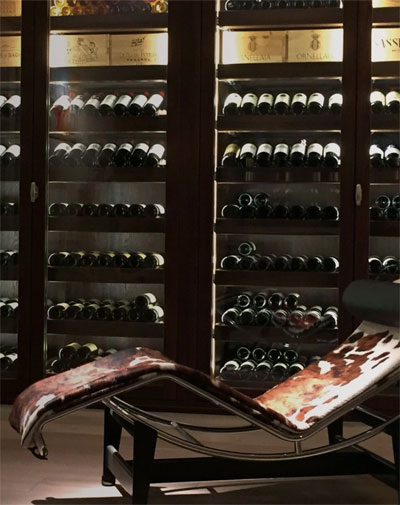

For orders €100,00 and
above we deliver free to
your place
For orders below €100,00 delivery
charge €10,00 within city limits.

For orders €100,00 and
above we deliver free to
your place
For orders below €100,00 delivery
charge €10,00 within city limits.




Whether a private or a professional cellar, we have the know-how and expertise to air condition your dream wine cellar. Motivated by quality and detail, we are proud of our products and the 100% Alsatian design.